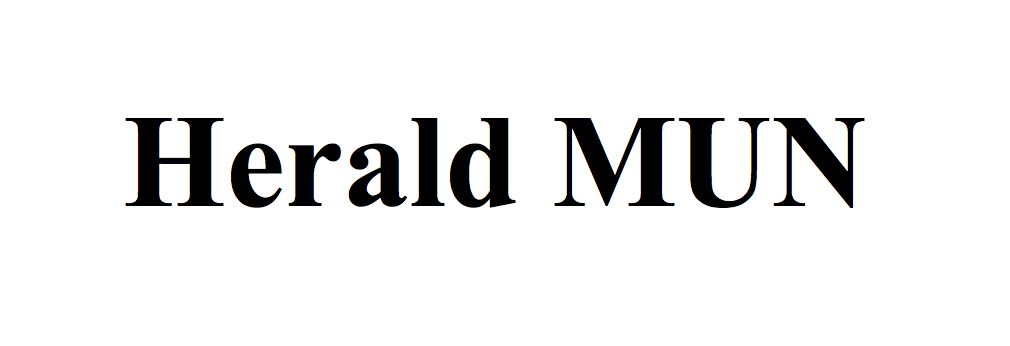DISEC’s issues with precise language from session one continue to plague them to the very end.
New York, NY
DISEC
J. Humphreys for KCNA
Heated debate has broken out between delegates from the DPRK, the Russian Federation, the Federal Republic of Germany, and a representative invited from southern Korea.
The debate centres around the issue of ambiguity present in the language of the working paper. The meaning of and distinction between civilian and military, or strategic and tactical, for example, is unclear in the paper.
The Russian Federation is concerned about the latitude this affords states parties to interpret the prospective resolution, fearing they would abuse this power. The DPRK delegation feels this fears are unfounded, because the language of the paper is not mandatory.
Additionally, the working paper appears to contain a clause that would support a mechanism for unifying the Korean peninsula, by fusing Korea with the hostile elements south of the demilitarized zone. A delegate for southern Korea admitted to authorship of this clause when pressed. This unprecedented development sits far outside the remit of the council, and, however sincerely aspirational it may be, is laughably naïve.
This rogue, 21st century Sunshine policy is nothing short of reprobate treachery. The Democratic People’s Republic of Korea condemns these attempts to undermine the legitimate mission of the DISEC.
